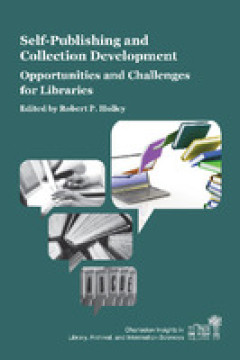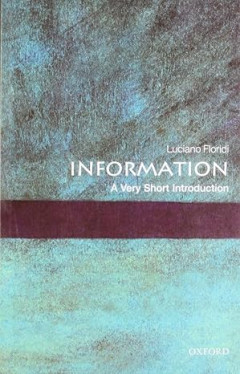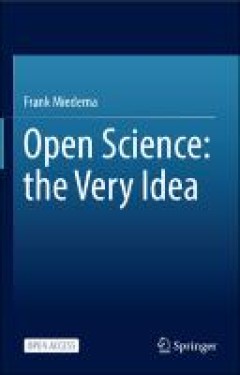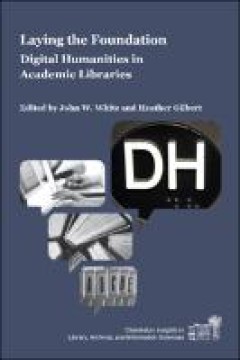Ditapis dengan

E-book Self-Publishing and Collection Development: Opportunities and Challeng…
The current publishing environment has experienced a drastic change in the way content is created, delivered, and acquired, particularly for libraries. With the increasing importance of digital publishing, more than half the titles published in the United States are self-published. With this growth in self-published materials, librarians, publishers, and vendors have been forced to rethink chan…
- Edisi
- -
- ISBN/ISSN
- 9781557539687
- Deskripsi Fisik
- 198 halaman
- Judul Seri
- -
- No. Panggil
- 020 HOL s

E-book Information: A Very Short Introduction
We live in a society that is awash with information, but few of us really understand what information is. In this Very Short Introduction, one of the world's leading authorities on the philosophy of information and on information ethics, Luciano Floridi, offers an illuminating exploration of information as it relates to both philosophy and science. He discusses the roots of the concept of infor…
- Edisi
- -
- ISBN/ISSN
- 9780199551378
- Deskripsi Fisik
- 130 halaman
- Judul Seri
- -
- No. Panggil
- 020 FLO i
E-Book Theological Libraries and Library Associations in Europe
During the past 50 years, theological libraries have confronted secularisation and religious pluralism, along with revolutionary technological developments that brought not only significant challenges but also unexpected opportunities to adopt new instruments for the transfer of knowledge through the automation and computerisation of libraries. This book shows how European theological libraries…
- Edisi
- -
- ISBN/ISSN
- 9789004523197
- Deskripsi Fisik
- 598 halaman
- Judul Seri
- -
- No. Panggil
- 020.72 KEN t

E-Book Open Science: The Very Idea
This open access book provides a broad context for the understanding of current problems of science and of the different movements aiming to improve the societal impact of science and research. The author offers insights with regard to ideas, old and new, about science, and their historical origins in philosophy and sociology of science, which is of interest to a broad readership. The book show…
- Edisi
- -
- ISBN/ISSN
- 9789402421156
- Deskripsi Fisik
- 247 halaman
- Judul Seri
- -
- No. Panggil
- 020.1 MIE o

E-Book Laying the Foundation
Laying the Foundation: Digital Humanities in Academic Libraries examines the library’s role in the development, implementation, and instruction of successful digital humanities projects. It pays special attention to the critical role of librarians in building sustainable programs. It also examines how libraries can support the use of digital scholarship tools and techniques in undergraduate e…
- Edisi
- -
- ISBN/ISSN
- 9781557537515
- Deskripsi Fisik
- 214
- Judul Seri
- -
- No. Panggil
- 027 WHI l
 Karya Umum
Karya Umum  Filsafat
Filsafat  Agama
Agama  Ilmu-ilmu Sosial
Ilmu-ilmu Sosial  Bahasa
Bahasa  Ilmu-ilmu Murni
Ilmu-ilmu Murni  Ilmu-ilmu Terapan
Ilmu-ilmu Terapan  Kesenian, Hiburan, dan Olahraga
Kesenian, Hiburan, dan Olahraga  Kesusastraan
Kesusastraan  Geografi dan Sejarah
Geografi dan Sejarah